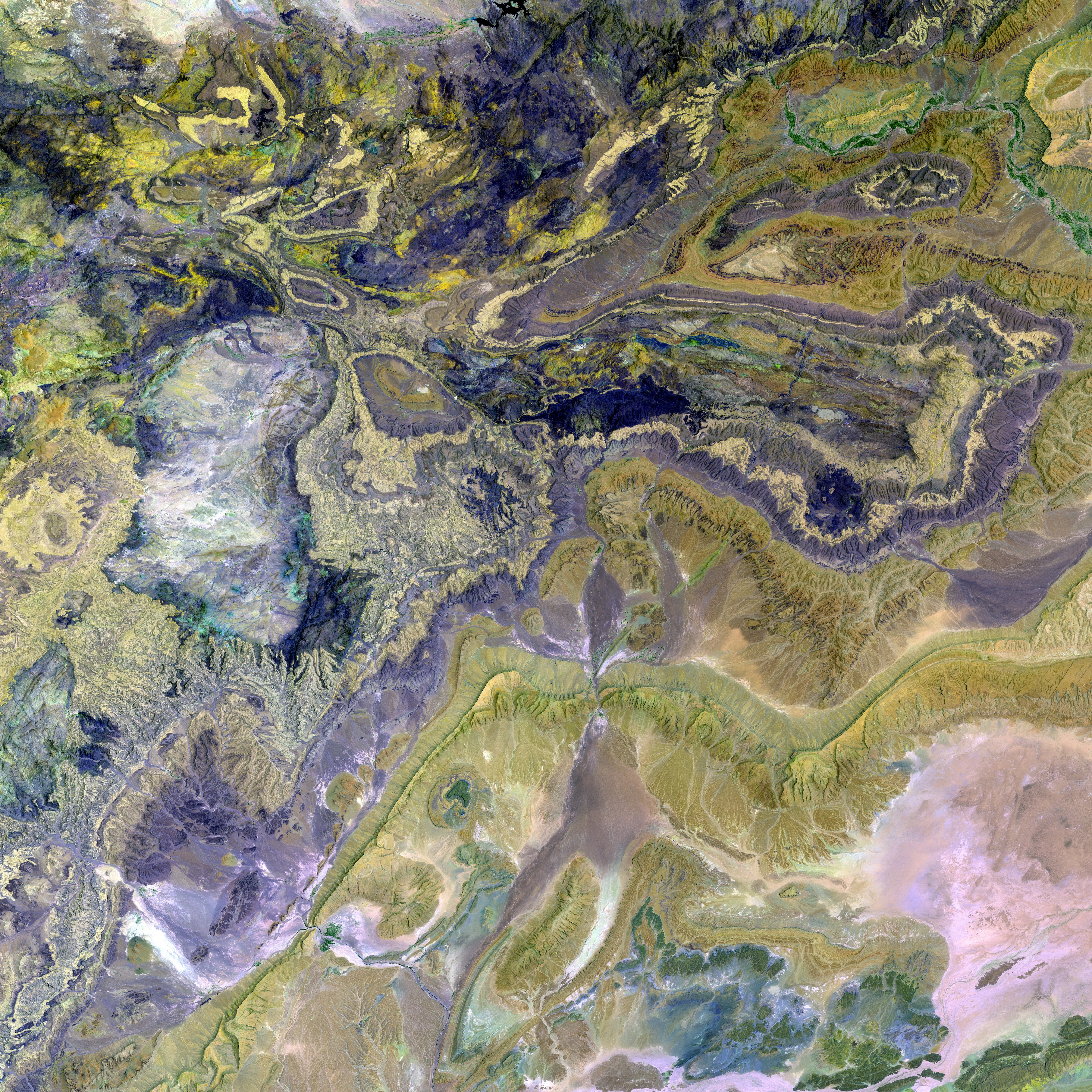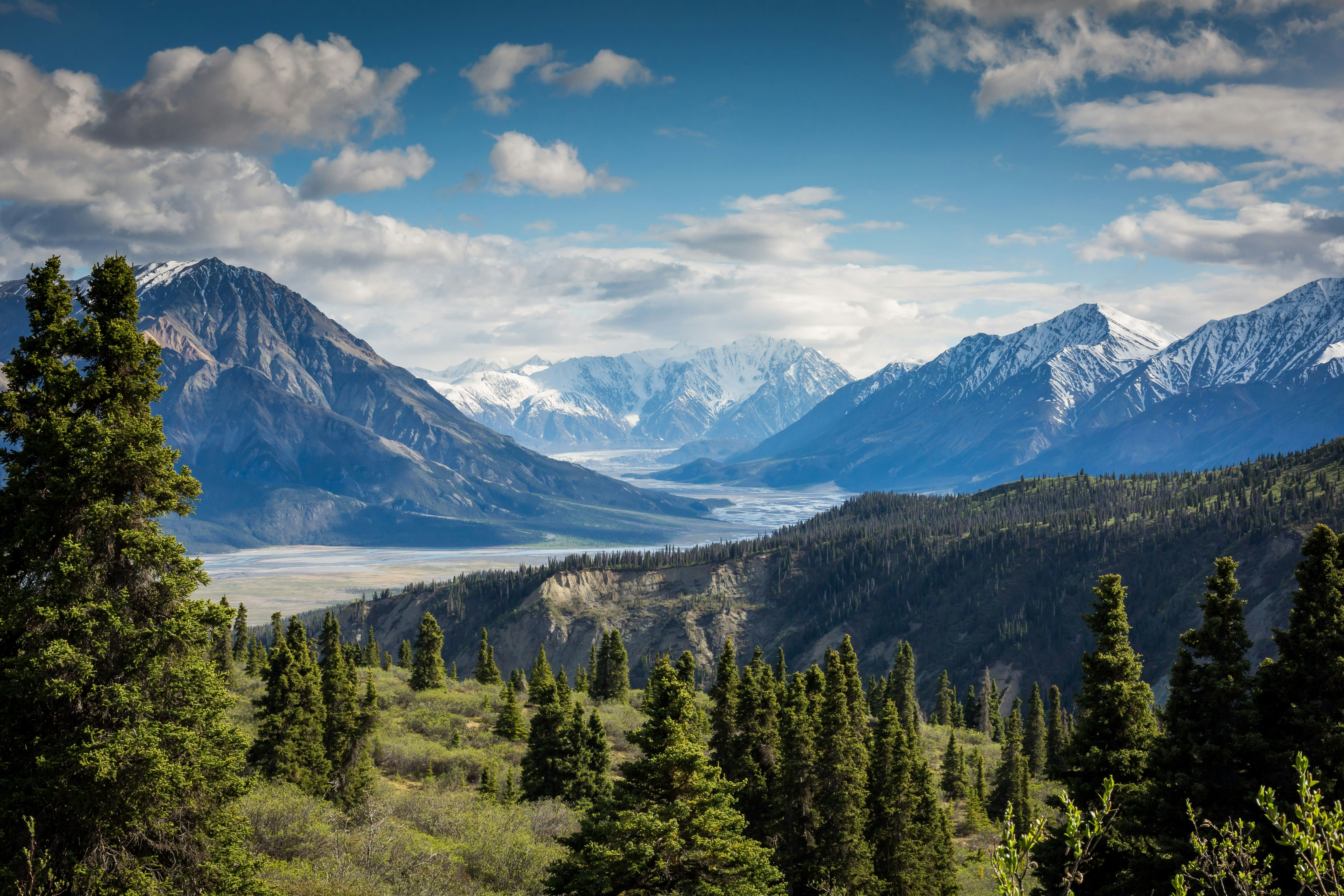Venezuela Stands Firm on 'Historic Fact' Regarding Essequibo, Dismisses ICJ Authority
Title: Venezuela Fiercely Challenges Guyana's Claim Over Essequibo at International Court of Justice
Date: April 11, 2024 - (our website)
Venezuelan Vice President Delcy Rodríguez stormed into the International Court of Justice (ICJ) with a fierce argument, presenting a counter-memorial that contained historical truth and evidence, disputing Guyana's sovereign claim over the Essequibo region.
On the fiery day of confrontation, Rodríguez declared that they would never recognize the ICJ's jurisdiction or any future ruling concerning this border controversy. With a defiant stance, she stated that she was there only to defend her nation's rightful place, not to appease historical injustices.
The heated battle between the South American neighbors dates back to 1899 when a tribunal awarded the Essequibo territory to the United Kingdom, the former colonial power. In 2018, Guyana appealed to the Hague-based court to confirm the validity of the border. However, Venezuela defended the 1966 Geneva Agreement, which acknowledged their concerns about the 1899 ruling and called for a negotiated solution between the two countries following Guyana's independence.
In a bold move, Rodríguez alleged that part of the evidence presented to the ICJ was oil giant ExxonMobil paying US $18 million to the Guyanese government to take the case to The Hague. This, she claimed, was a blatant violation of the 1966 Geneva Agreement. In 2015, ExxonMobil found massive offshore oil deposits in the undelimited Essequibo waters, and according to Caracas, their drilling projects contravened the 1966 accord.
In a communique published on Monday, Venezuela's Foreign Affairs Ministry made it clear that they are among the 119 states that do not recognize the ICJ's compulsory jurisdiction. They accused Guyana of playing the "false victim" and argued that the ICJ has a history of being manipulated by colonial empires.
The tension-filled meeting between the two presidents at the VIII CELAC Summit in Saint Vincent and the Grenadines last month seemed to offer a ray of hope for diplomatic resolution. However, the leaders spoke only briefly and exchanged gifts publicly, while their foreign ministers held a meeting in January to address the Essequibo dispute.
The new Venezuelan law, which includes the creation of the Guayana Esequiba state and social programs for the local population, has incited strong rebukes from the Caribbean Community (CARICOM). CARICOM leaders have argued that this move could escalate tensions and contradict the Argyle Declaration signed last December. nonverbal
In a heated response, Caracas dismissed the CARICOM bloc's opinions as inaccurate and false, calling it "the product of an absurd policy of automatic solidarity." Venezuela accused CARICOM of ignoring Guyana's "hostile, illegal, and predatory attitude" towards them and their disregard for international law.
The Guyanese Ministry of Foreign Affairs issued a statement welcoming Venezuela's submission of its counter-memorial and reiterating their position that it is up to the ICJ to decide the territorial issue.
Edited by Ricardo Vaz in Caracas.
Overall, the Essequibo region has been at the center of a long-standing border dispute between Guyana and Venezuela. The controversy, which involves historical claims, colonial legacies, and international legal proceedings, dates back to the Spanish colonial era. In 1899, an international tribunal established the current border, which Venezuela has long contested, arguing that it was unfair and influenced by corruption. The dispute remains unresolved, with Venezuela rejecting ICJ interventions and advocating for direct negotiations under the Geneva Agreement.
- In a communique published on Monday, Venezuela's Foreign Affairs Ministry expressed their stance on the international court's jurisdiction, revealing that they are among the 119 states that do not recognize the International Court of Justice's (ICJ) compulsory jurisdiction.
- In a heated response to the Caribbean Community's (CARICOM) criticisms, Venezuela dismissed the bloc's opinions as inaccurate and false, labeling it "the product of an absurd policy of automatic solidarity."
- The Guyanese Ministry of Foreign Affairs issued a statement welcoming Venezuela's submission of its counter-memorial, reaffirming their belief that it is up to the ICJ to decide the territorial issue in 2023 related to the Essequibo region.
- As the General News unfolds in April 2024, war-and-conflicts and policy-and-legislation continue to play significant roles in the ongoing border controversy between Guyana and Venezuela over the Essequibo region, with politics taking center stage in the ongoing disagreement.







